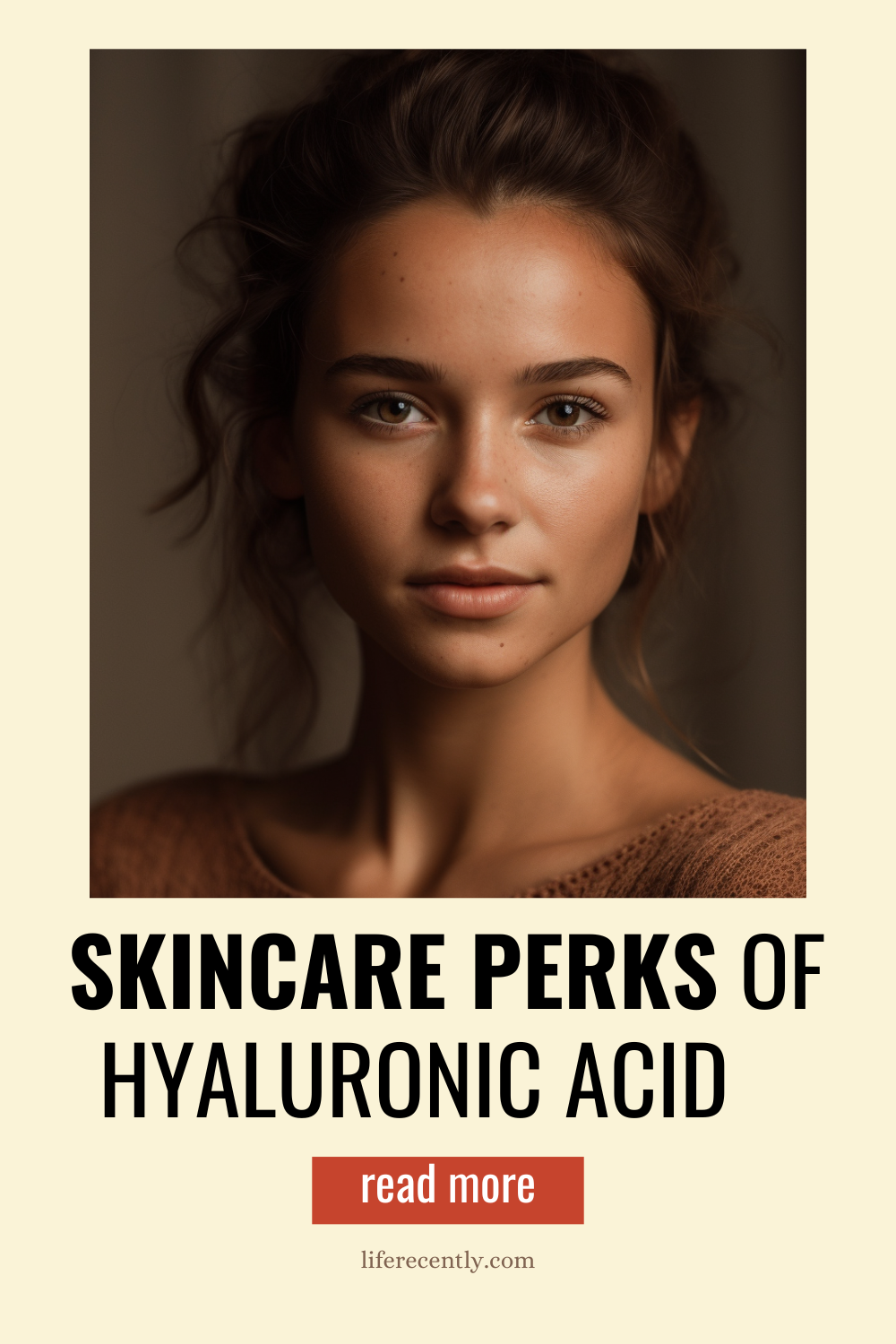Why Hyaluronic Acid Is a Must-Have in Your Skincare Routine
When it comes to skincare ingredients, hyaluronic acid is a staple for many. You might have seen it listed on the labels of pricey moisturizers, serums, and creams. But what exactly is hyaluronic acid, and why is it such a popular choice for achieving healthy, hydrated skin?
Hyaluronic acid is a naturally occurring substance in our bodies that plays a vital role in maintaining skin hydration and overall tissue health. It’s a gel-like molecule that acts as a humectant, attracting and retaining moisture. Hyaluronic acid has the incredible ability to hold up to 1000 times its weight in water!
Skin benefits of hyaluronic acid:
- Hydration: When applied topically, hyaluronic acid provides an immediate boost of hydration to
the skin. It acts as a magnet, drawing in moisture from the environment and delivering it to the
deeper layers of your skin. This helps to plump up the skin, minimize the appearance of fine
lines and wrinkles, and create a smoother, more supple complexion. - Enhanced Skin Elasticity: With age, our skin’s natural production of hyaluronic acid decreases,
leading to dryness and loss of elasticity. By incorporating hyaluronic acid into your skincare
routine, you can help replenish and maintain the moisture levels in your skin. This improves
elasticity, making your skin appear firmer and more youthful. - Skin Barrier Support: Hyaluronic acid also plays a crucial role in strengthening the skin’s
protective barrier. It helps to retain moisture, keeping your skin adequately hydrated and
preventing water loss. By fortifying the skin barrier, hyaluronic acid contributes to a healthier
complexion, reducing the risk of dryness, irritation, and sensitivity.
How does hyaluronic acid work? It works by attracting and binding to water molecules, effectively trapping moisture within the skin. It has a unique ability to penetrate different layers of the skin, reaching the deeper dermis where it can provide long-lasting effects. By creating a reservoir of moisture, you’ll continuously have resources to feed skin cells, promoting a plump and youthful appearance.
Scientific Studies: Numerous scientific studies have explored the benefits of hyaluronic acid on skin health. For example, a study published in the Journal of Drugs in Dermatology found that topical application of hyaluronic acid significantly improved skin hydration and elasticity, reducing the appearance of wrinkles.
Another study, referenced in a publication by the National Center for Biotechnology Information, demonstrated that hyaluronic acid can also aid in wound healing and tissue repair due to its ability to stimulate collagen synthesis and promote cellular regeneration.
Is this only safe in lotions and serums? While topical serums and lotions containing hyaluronic acid have proven effective in providing immediate hydration and skin benefits, there is emerging research on the potential benefits of oral hyaluronic acid supplements. A recent study published in the Journal of Cosmetic Dermatology (https://pubmed.ncbi.nlm.nih.gov/34203487/) explored the effects of oral
supplementation and its effects on skin hydration and aging. The findings suggested that oral hyaluronic acid supplementation contributed to improved skin moisture levels and a reduction in the appearance of fine lines and wrinkles. The study further highlighted that oral ingestion of hyaluronic acid may have systemic effects beyond skin health, potentially supporting joint function and overall well-being. Although more research is needed to fully understand the extent of these benefits, the study provides promising insights into the potential efficacy of oral hyaluronic acid supplementation.
By incorporating products containing hyaluronic acid into your skincare routine, you can experience these benefits firsthand. But it’s important to understand that hyaluronic acid isn’t a single silver bullet – it requires a lifestyle change! Some additional tips for healthy skincare include:
Hydration: Drink an adequate amount of water throughout the day to keep your skin hydrated from within. Hydrated skin appears plumper and more radiant.
Sun Protection: Protect your skin from the harmful effects of UV rays by wearing sunscreen with a high SPF, seeking shade during peak sun hours, and wearing protective clothing and accessories like hats and sunglasses.
Balanced Diet: Eat a nutritious diet rich in fruits, vegetables, whole grains, lean proteins, and healthy fats. This can provide your skin with essential vitamins, minerals, and antioxidants that contribute to its health.
Gentle Cleansing & Exfoliation: Exfoliate your skin 1-2 times a week to remove dead skin cells and promote a smoother complexion. Cleanse your skin regularly using a mild, pH-balanced cleanser. Avoid harsh ingredients that can strip away natural oils and disrupt the skin barrier.
Moisturize: Apply a moisturizer suitable for your skin type to lock in hydration and prevent moisture loss. Look for ingredients like hyaluronic acid, glycerin, or ceramides to provide optimal hydration.
Adequate Sleep: Get sufficient sleep to allow your body and skin to rest, repair, and regenerate. Lack of sleep can contribute to dullness, fine lines, and other skin concerns.
Stress Management: Practice stress management techniques like exercise, meditation, or hobbies to minimize the impact of stress on your skin. High-stress levels can contribute to skin issues like acne or sensitivity.
Hyaluronic acid is a game-changer in the world of skincare. Its ability to hydrate, plump, and support the skin’s natural barrier makes it a go-to ingredient for achieving healthy and radiant skin. With its evidence-based results, incorporating hyaluronic acid into your skincare regimen can help you achieve the well-hydrated, youthful complexion you desire.
*If you have specific concerns or conditions, consult with a dermatologist who can guide you in selecting the most suitable hyaluronic acid-based products for your individual needs
(1) Reference: Ganceviciene, R., Liakou, A. I., Theodoridis, A., Makrantonaki, E., & Zouboulis, C. C. (2012).
Skin anti-aging strategies. Dermato-endocrinology, 4(3), 308–319.
https://www.ncbi.nlm.nih.gov/pmc/articles/PMC3583886/
